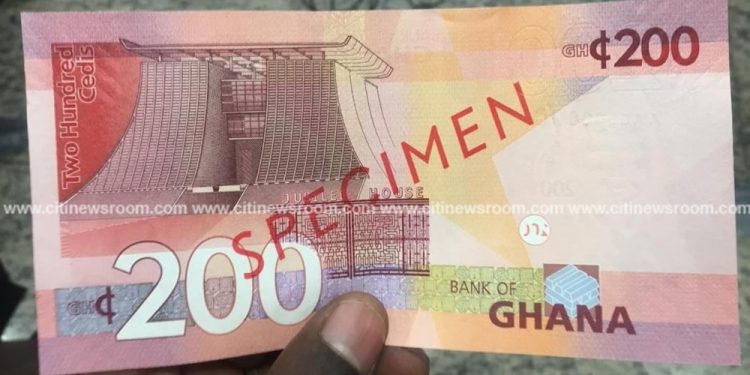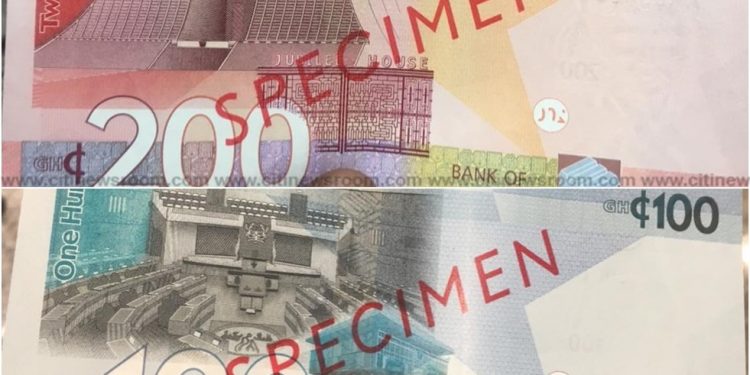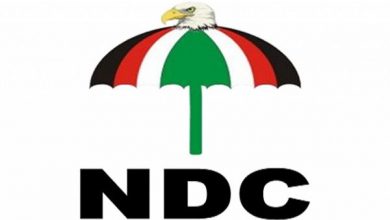News
PAC Vice chair demands cost of new Cedi notes

Speaking to Citi News, the Lambussie-Karni MP insisted that the government had to assure Ghanaians that the introduction is not a loss to the state.
Furthermore, Mr. Dery did not think these new Cedi notes will add any value to the cedi which has struggled to keep pace with major currencies on the international market.
“If you can go and polish our own currency at a cost to the taxpayer and you are not willing to tell us how much it costs us then that is a complete financial loss to the state.”
“Definitely it is going to cost you and me to pay for it and it doesn’t add any value to our current situation in the commercial market, the cedi to the dollar and any other currencies.”
In contrast, in announcing the new cedi notes, the governor of the Bank of Ghana said the face value of the cedi compared to the US dollar over the past 12 years had eroded due to sustained periods of high inflation and depreciation.
But the BoG expects the new notes to address the deadweight burden on the economy from the past inflation and cedi depreciation.

It also said the structure of the banknotes denomination has changed resulting in a shift in demand for higher denominations.
According to the Central Bank, GH¢50 and GH¢20 notes account for about 70 percent of the total demand of notes.
“Introduction of the higher value denominations in circulation are therefore necessary to ensure customer convenience, reduction in the costs of printing and other currency management processes,” the BoG added.
New coins
The Bank of Ghana also introduced GH¢2 coins which it intends to gradually replace its lower Cedi banknotes denominations with and reduce printing costs.
In line with this, the Bank of Ghana will embark on “a vigorous campaign among road transport workers, market operators, small businesses, supermarkets, vendors and others to create avenues for the usage of the coins including develop infrastructures for coin usage.”
Source: Citinewsroom



